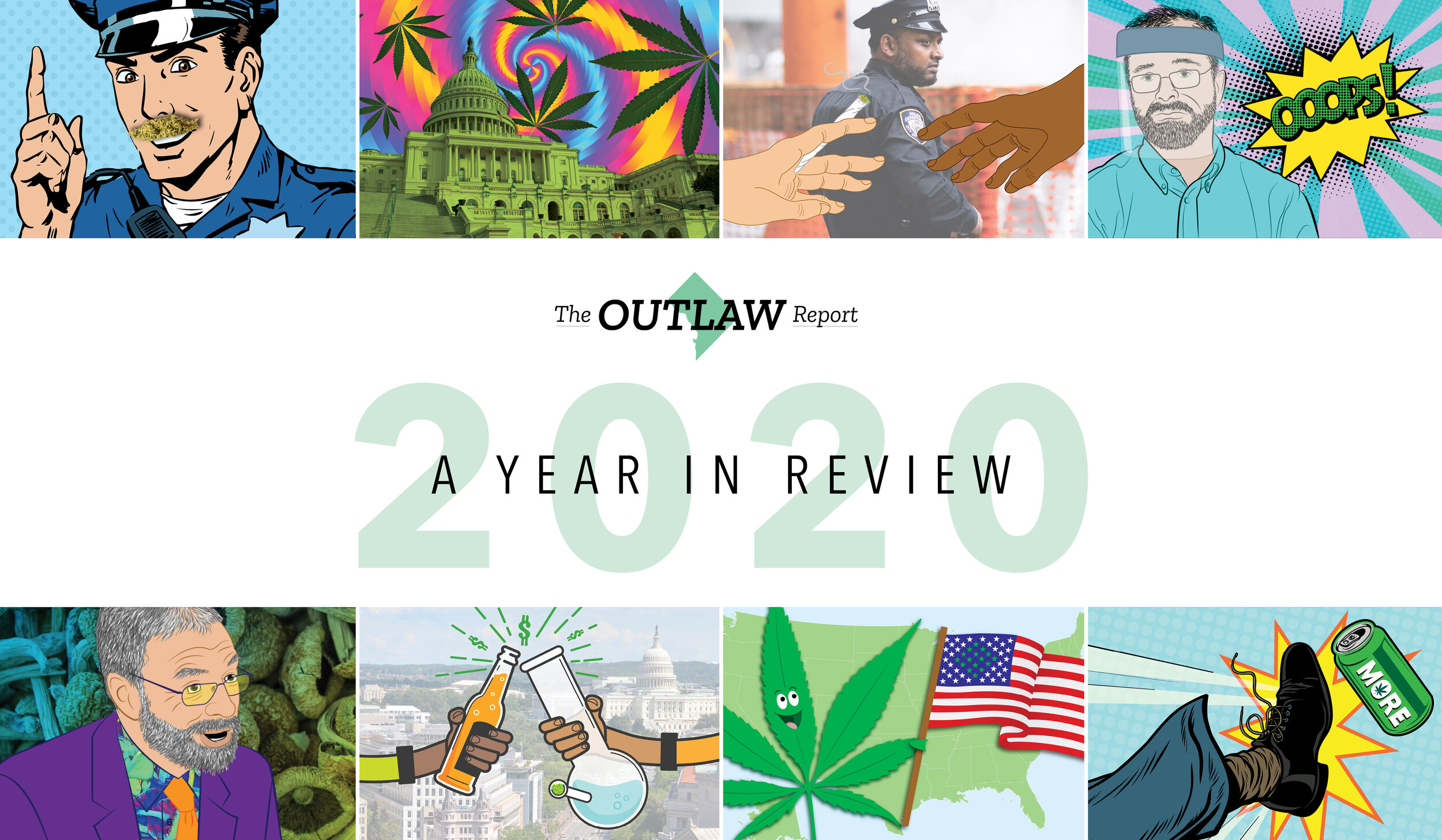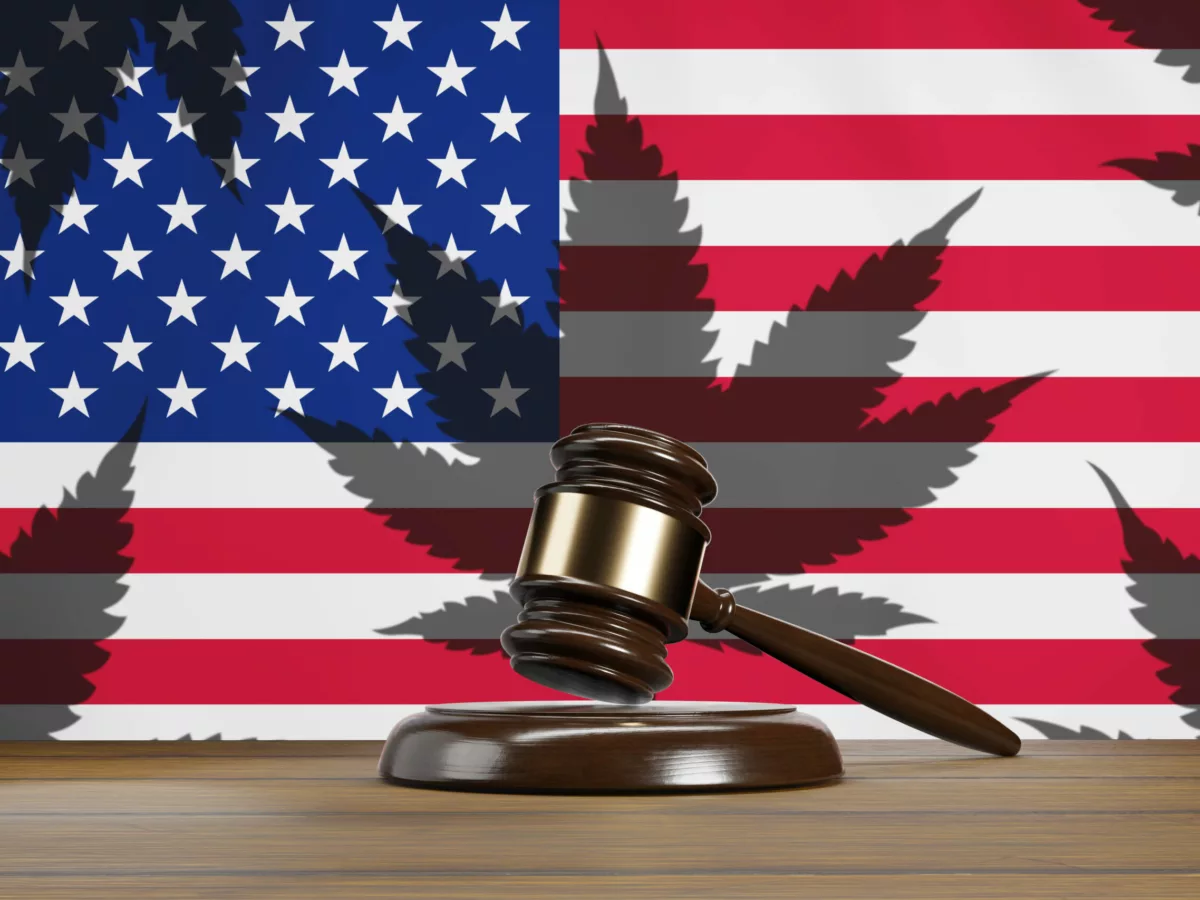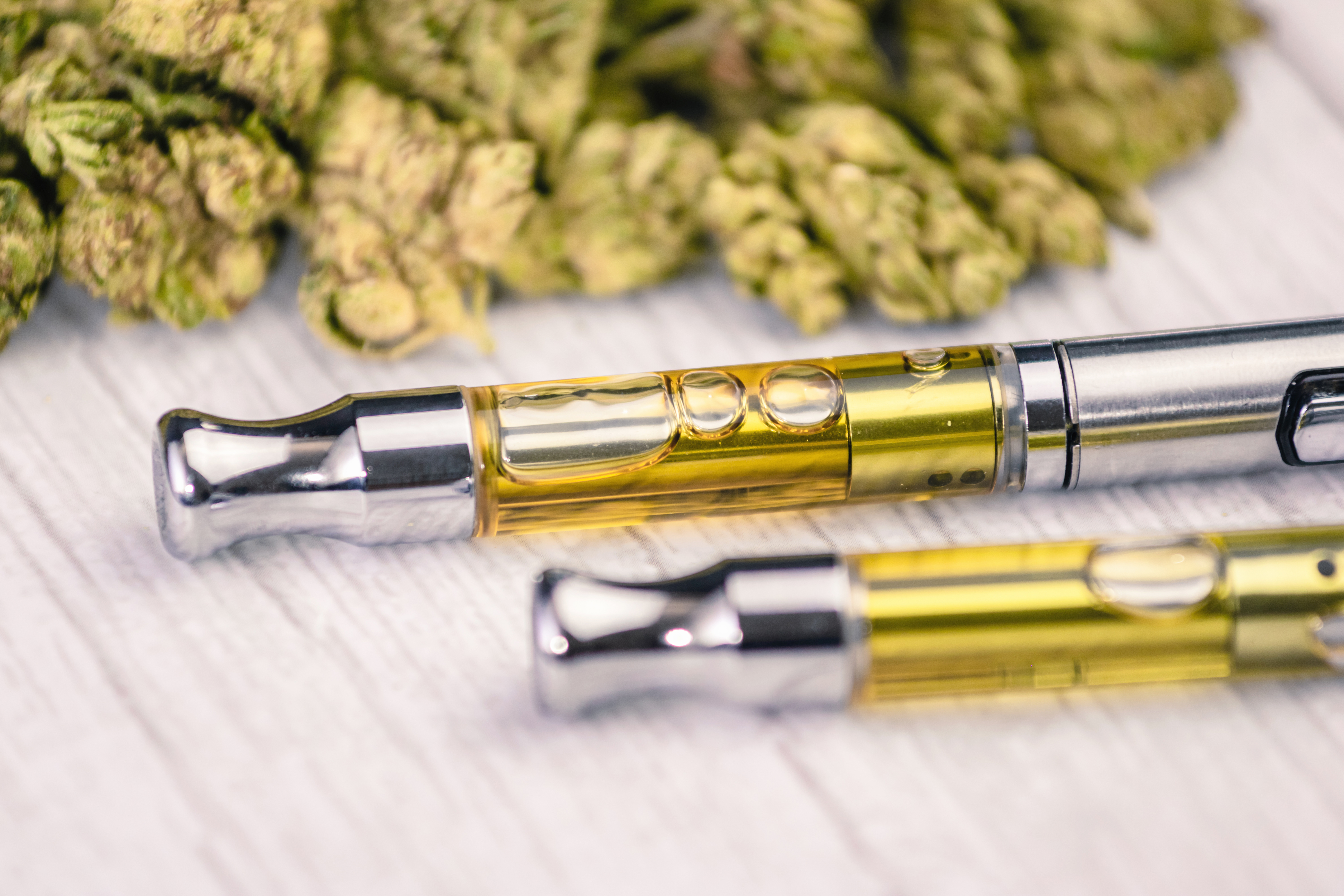The police killing of George Floyd was not mentioned in The Outlaw Report’s year in cannabis round-ups for Maryland and Washington D.C. That’s because the state, which has decriminalized cannabis since 2014, and the District, which has had legal cannabis since 2014, did very little to address the obvious intersection between racial justice and cannabis reform in 2020.
Virginia on the other hand, spent the year rushing through a staggering number of cannabis-related policy changes, ostensibly catching up to Maryland in one year and setting the standard for how the rest of the South might deal with criminal justice, racial justice, and cannabis.
Most notably, Virginia decriminalized cannabis in July. That means cannabis possession of up to one ounce can only result in a maximum $25 citation and also means Virginians cannot be arrested or criminally charged for it. Before decriminalization, possession of cannabis in Virginia was a Class 1 misdemeanor and a first offense could result in 30 days in jail and a fine of up to $500. Subsequent offenses can lead to up to 12 months in jail and a $2,500 fine. While Virginia’s population is 19% black nearly half of the state’s 2018 convictions for cannabis were black Virginians. At the time, Virginia governor Ralph Northam praised decriminalization—he ran on it, after all—but hedged when it came to legalization. Instead, Northam suggested the state needed to do more research on legalization and announced a workgroup would look into it.
But soon, pressure from Richmond Mayor Levar Stoney and the Black Legislative Caucus, who also pushed for a special legislative session to address racial justice in the aftermath of George Floyd’s death, moved Northam further along on legalization. During August’s special legislative session, a number of cannabis-related bills were considered, such as Senate Bill 5013, which would allow those that receive a court summons for being charged civilly for decriminalized cannabis possession to pay their $25 ticket ahead of time without having to go to court and Senate Bill 5043 which would allow Virginians to expunge their records for misdemeanor cannabis possession. Most importantly, there was Senate Bill 5029/House Bill 5058 which reduced the severity of a number of traffic offenses but also no longer allows police officers to search a person or a person’s vehicle based only on the smell of cannabis. Both SB 5013 and SB 5029/HB 5058 passed during the special legislative session and were approved by Northam.
The significance of the cannabis smell bill cannot be overstated: It is one of the primary justifications used by police to search people’s vehicles. Preventing police from being able to do so will drastically reduce the likelihood of police interactions, keeping people out of the system and lessening the possibility of violent encounters with police.
And by the end of the year, the Virginia Legalization Workgroup’s released “Report to the Virginia General Assembly and Governor of Virginia: Impact on the Commonwealth of Legalizing the Sale and Personal Use of Marijuana,” a nearly 500-page report on how to go about legalizing cannabis in the state.
“We will advance new laws to make sure that our Commonwealth legalizes marijuana the right way,” Northam said in a statement after the report was released. “Virginia has studied the experience of other states and this report lays out a path forward that leads with social equity, public health, and public safety.”






